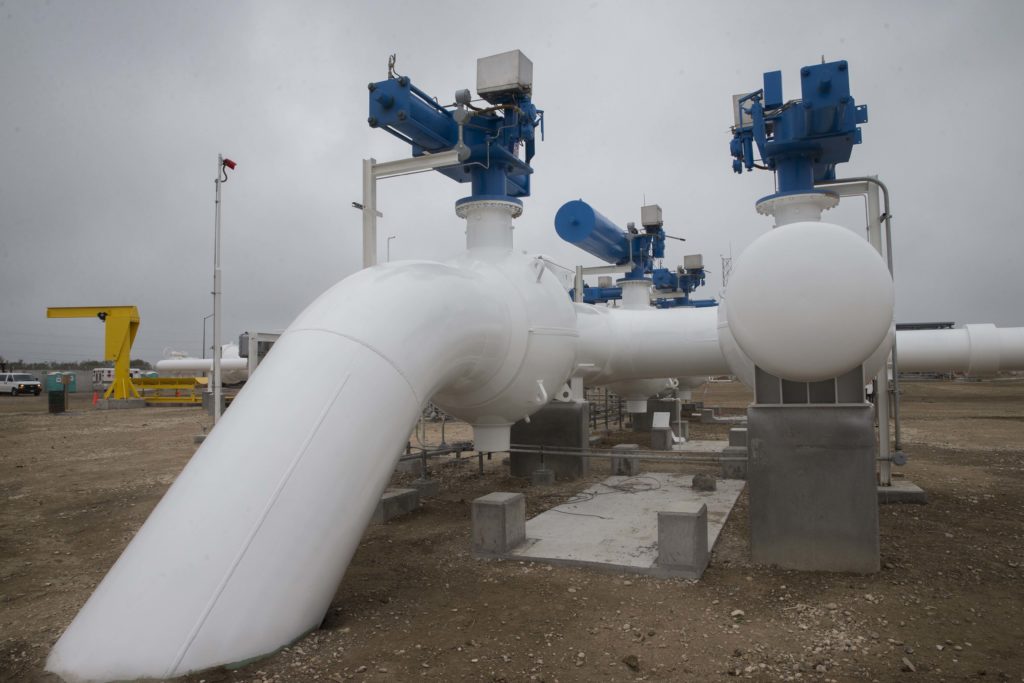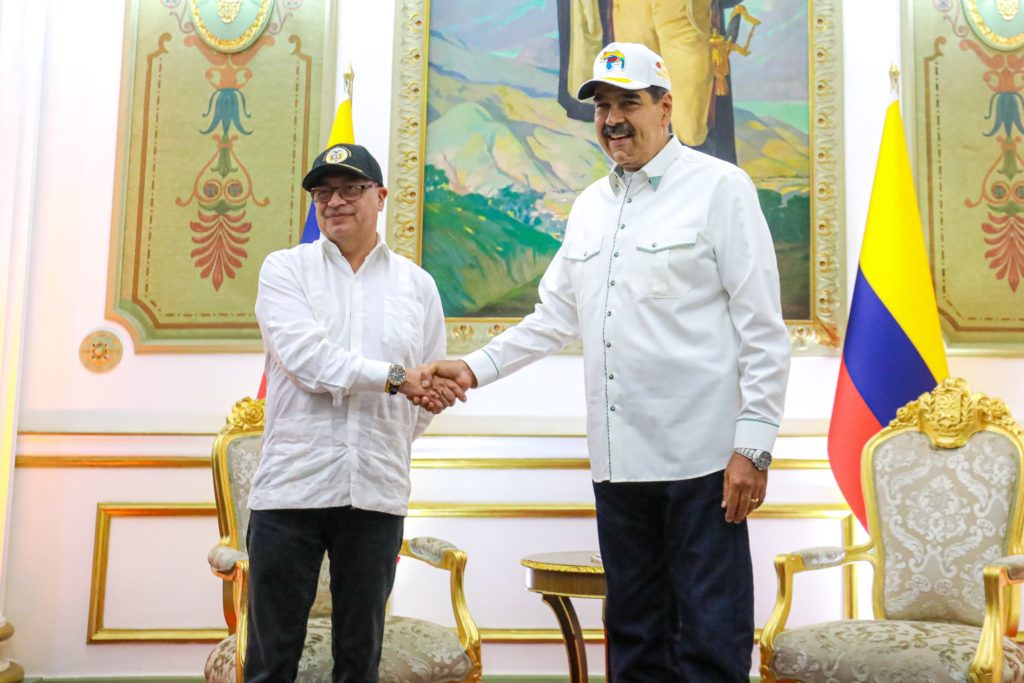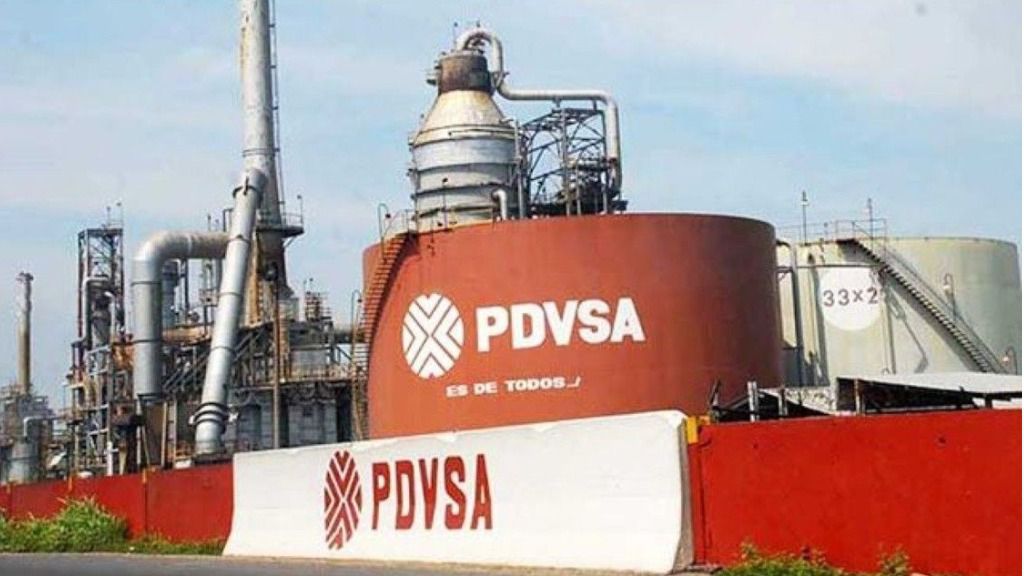
Venezuela is set to begin selling gas to Colombia through a multi-million dollar initiative utilizing the Antonio Ricaurte gas pipeline, a project that has been stalled for nine years. Despite accruing significant debts, Venezuelan President Nicolás Maduro’s government is ready to move forward with the plan.
The details of this initiative were not disclosed during the recent meeting between the Colombian and Venezuelan presidents in Caracas. However, Blu Radio revealed the plan, citing a letter from Ana Maria Ocando, General Manager of PDVSA Gas S.A. Sucursal Colombia. The letter, co-signed by Jose Abad Millan, Finance Manager of the parent company PDVSA, was highlighted by the Colombian broadcaster.
Similarly, in yesterday’s meeting between the heads of state of the two countries, Maduro spoke about the progress of binational trade and the option for the Colombian company Ecopetrol to import gas from Venezuela. For his part, the Colombian president pointed out that this option would solve the expected increase in gas demand in his country in the coming years.
Colombia needs gas
The Colombian Oil and Gas Association (ACP) stated that the country needs to continue developing and exploring wells on the mainland and offshore, and that there is the potential to reach 250 million cubic feet, which could ensure supply in the short term. To do so, exploration is needed, and according to the association, immediate measures are required.
Although this natural resource is being used even in the energy transition, due to its lower polluting emissions compared to other fossil fuels, experts warn of the risk of its availability. To this end, a report presented the finding that gas reserves have been reduced by almost half in the last fifteen years and warned that if actions are not taken to reverse the trend, Colombia could have a structural gas deficit by 2028.
Frank Pearl, president of ACP, described as “dangerous” the level of reserves that the country has today, urging the continuation of the exploration of new fields. “We have Colombian gas of good quality and at a good price. We can generate the conditions to increase domestic gas production and solve the short- and long-term crises,” he assured.
The association Asoenergía, for its part, warned of a possible gas deficit as of 2025 and has also explained that imports in the sector had increased: as a result of the El Niño phenomenon they rose 375% in 2023.
The key components of Colombia’s energy matrix are currently made up of oil (38%), natural gas (25%), coal (13%) and hydroelectric power (12%).
The Venezuelan option
President Petro’s government, which is pursuing a policy of stopping the exploration of new oil and gas fields, seems to be opting to buy energy from the neighboring country.
For this to be possible, the Venezuelan state-owned company must face the payment of the important debt accumulated by its subsidiary in Colombia. The letter explains that the Venezuelan government would put up 29,000 million pesos to pay debts to creditors in Colombia. In addition, the payment of these liabilities will be made in a term not exceeding one year, according to the document.
All this would be to put into operation the Antonio Ricaurte gas pipeline, which is more than 220 kilometers long and mostly located in Venezuelan territory. In 2007, during the Colombian presidency of Alvaro Uribe, Ecopetrol and PDVSA signed a contract under which they agreed to buy and sell gas to Colombia for twenty years. However, the agreement was not fulfilled and is currently suspended.

Doubts about pipeline capacity
Regarding the project of imported gas from Venezuela, Andres Bitar, vice-president of ACP, was reticent. On the one hand, Bitar pointed out that one of the difficulties is the condition of the pipe, whose condition on the Venezuelan side is unknown. In this sense, it is known that in some areas, the pipe has been dismantled due to the abandonment of its use for several years. This implies the need for an important investment to make the pipeline operational.
On the other hand, Bitar has questioned the real capacity of gas shipments from Venezuela. Although the forecast pointed to 400 million cubic feet per day (Mpcd) for imports to Colombia, Bitar thinks that it would be barely 50. On this point, the Colombian company Ecopetrol has assured that up to 200 Mpcd could be brought through this infrastructure.
In any case, the ACP vice-president thinks that the gas pipeline conditioning works require between two and three years, so it would not be an effective solution in the short term for the gas demand in Colombia.
Return of sanctions on Venezuela
Another controversial point is the international situation of Venezuela. Despite the partial lifting of sanctions at the end of 2023, the disqualification of the opposition candidate, Maria Corina Machado, by the Venezuelan judiciary, forced the return of the international blockade on the Venezuelan economy.
PDVSA’s export operations will be limited at the end of this month. In this sense, the Colombian company Ecopetrol, having agreements with U.S. companies, faces restrictions on negotiations with Venezuela.
On this point, Ricardo Roa, president of Ecopetrol, pointed out in an interview with Portfolio the option of looking for a third party to define the operation with PDVSA, without skipping the international sanctions. “There are some US restrictions that for now are lifted until April and if they are reinstated, we will not have the possibility of direct contact with PDVSA and we would have to explore the possibility of a private third party and there would be no restriction there”, explained Roa to the Colombian media.

See all the latest news from Colombia and the world at ColombiaOne.com. Contact our newsroom to report an update or send your story, photos and videos. Follow Colombia One on Google News, Facebook, Instagram, and subscribe here to our newsletter.

